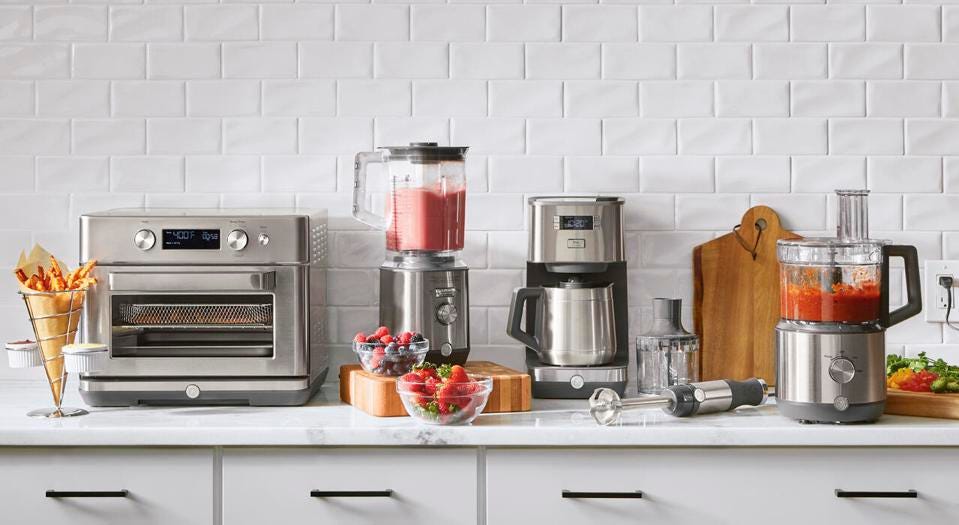 You can preserve power in any space of the house but your kitchen is a particular hot spot – in your kitchen you have the prospective to use a lot of power foods preparation, heating h2o, and using equipment. But thankfully that when you have the prospective to waste power, you can also preserve it. Making your house more power effective is great information for a number of reasons. You reduce costs, you help preserve the earth’s resources, and you can get a better rating on your Energy Efficiency Certification (EPC) if you are selling or leasing your house. Here is how to start your power preserving campaign in your kitchen and dining area.
You can preserve power in any space of the house but your kitchen is a particular hot spot – in your kitchen you have the prospective to use a lot of power foods preparation, heating h2o, and using equipment. But thankfully that when you have the prospective to waste power, you can also preserve it. Making your house more power effective is great information for a number of reasons. You reduce costs, you help preserve the earth’s resources, and you can get a better rating on your Energy Efficiency Certification (EPC) if you are selling or leasing your house. Here is how to start your power preserving campaign in your kitchen and dining area.
Preparing Meals
Speed up the food preparation by cutting foods into smaller pieces. Only steam enough h2o for your needs whenever you use the pot or warm h2o in a pot. Be careful to use the correct dimension ring on the hob for the food preparation you are doing, and use the right dimension pan. When you can, keep the lid on the pan so that you rate up the food preparation of a food. You can turn the warm down when it gets to steaming point.
When using the oven, keep from opening the entrance too often as you lose a lot of warm this way. Keep the glass in the entrance clean so you can look through to see how your food is advancing. Overall, it is more power effective to prepare huge groups of foods at once so you can lock up what you do not eat. Cold scraps helps you to save foods and also the power it took to prepare the food.
Using the Microwave
Try not to use the microwave oven to thaw whole foods or cuts of meat. Defrost the foods in the refrigerator the night before so you only need to prepare it the next day. Using a microwave oven to reheat foods, however, is generally more effective than heating the foods on the hob.
Fridges, Freezers and Dishwashers
Don’t put warm or hot foods into the refrigerator. Keep your refrigerator and fridge at the right heat range and do not open the entrance needlessly. Avoid putting your fridge next to a fire such as a rad. When it comes to the dish washer, clean with a full load and use the eco setting to preserve h2o and create sure it is at an effective heat range. Switch off other equipment for the property and remove them when you are not using them.
Large and Small Changes
Of course, these power preserving tips probably perform a significant difference to the amount of power you use over a year, although every little helps. If you want to create bigger changes to help your house be more effective for the EPC evaluation, look at things like roof insulating material, a new furnace and replacement windows. Contact EPCUK for help with your Energy Efficiency Certification.




